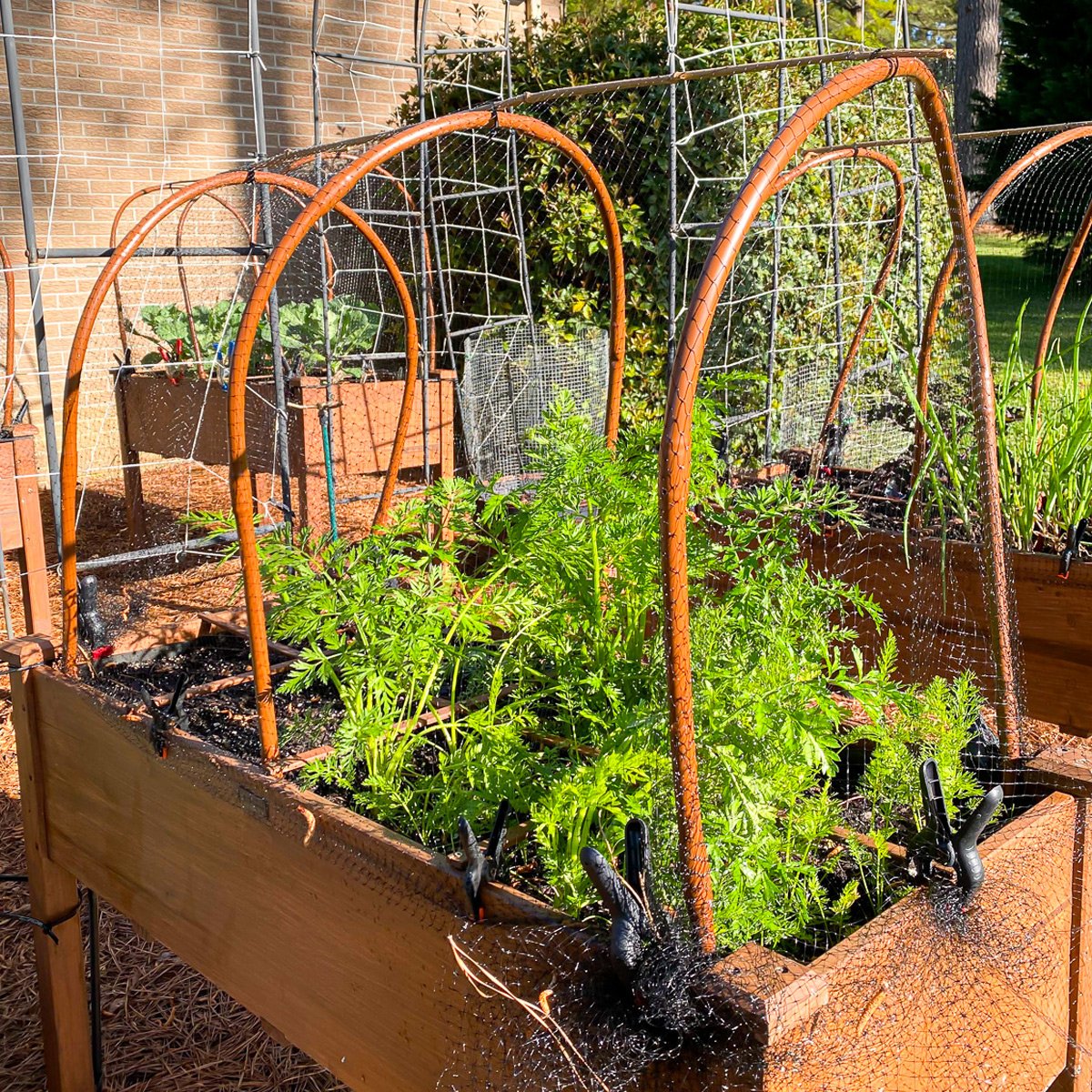Gardening enthusiasts often find their oasis of tranquility disturbed by the uninvited presence of squirrels, who seem to have a particular fondness for flower pots. These agile critters can turn a meticulously tended garden into a playground, digging up seeds, uprooting delicate plants, and nibbling on tender leaves and blooms. To squirrel-proof your garden effectively, it’s essential first to understand their behavior and motivations. Squirrels are primarily attracted to gardens for two main reasons: as a source of food and as a nesting ground. They’re particularly keen on bulbs, seeds, and young plants, which they either consume directly or bury for later retrieval. Thus, safeguarding your flower pots requires a multi-pronged strategy that addresses these attractions without harming these otherwise charming creatures.
Physical Barriers: The First Line of Defense
Implementing physical barriers forms the cornerstone of any squirrel deterrence plan. Start by encircling vulnerable plants with a protective wire mesh. Use a fine gauge wire mesh with holes small enough to prevent squirrel entry but large enough to allow plant growth. Sink the mesh at least six inches into the soil to discourage underground infiltrations and secure it firmly around the pot’s rim. Alternatively, consider using chicken wire to create a cage-like structure around larger pots or groupings of plants. Ensure there are no gaps or loose ends that squirrels could exploit. For hanging baskets, opt for squirrel-resistant brackets that spin or sway, making it challenging for squirrels to gain a stable footing.
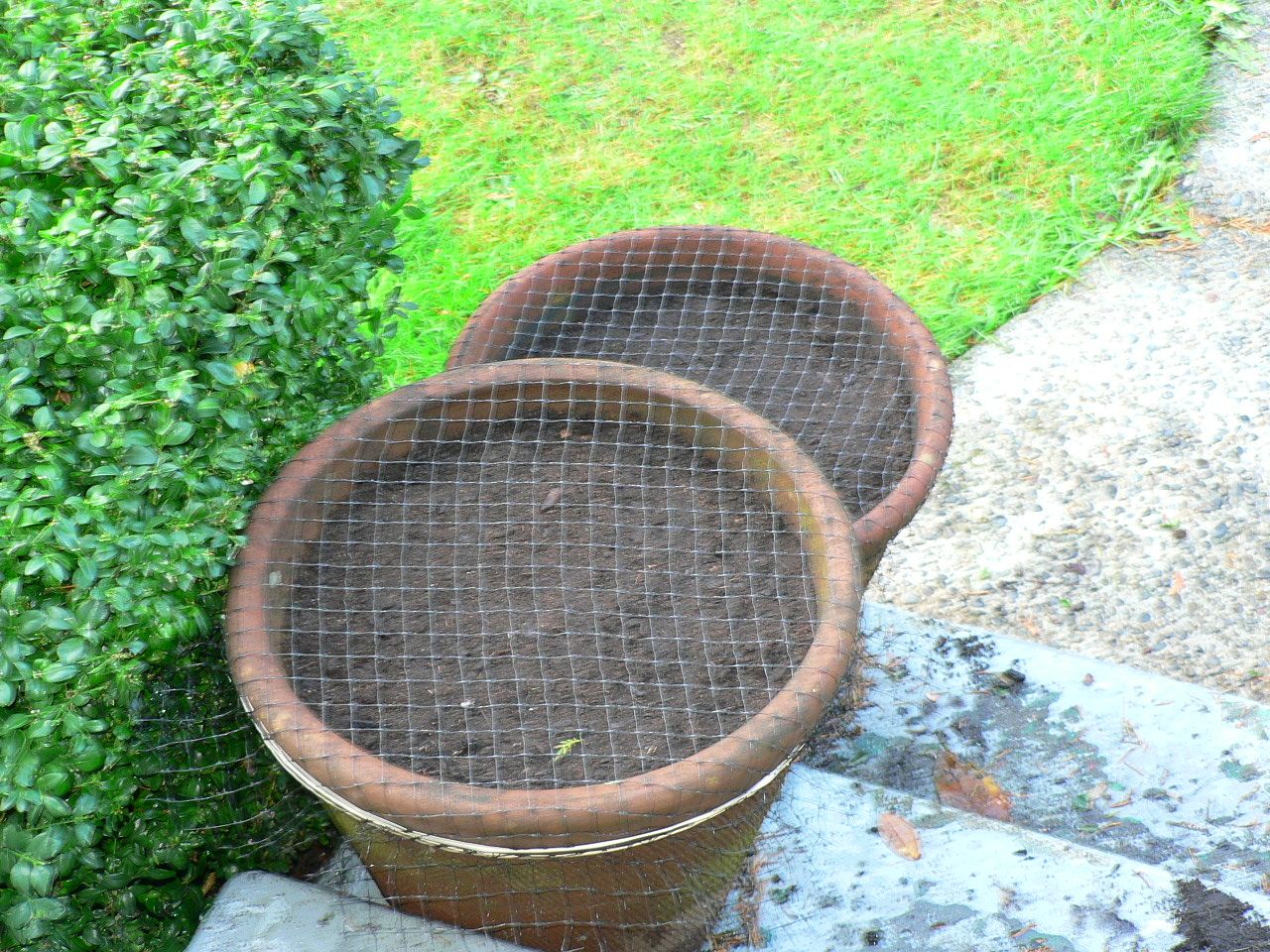
Taste Deterrents: Unpalatable Surprises for Picky Eaters
Understanding squirrels’ taste preferences can work to your advantage. Many gardeners swear by natural repellents that make your flower pots less appetizing. Sprinkle crushed red pepper flakes, cayenne pepper, or dried blood meal around the soil surface. These substances, harmless to plants but unpleasant to squirrels, discourage them from digging or feeding. Alternatively, spray a mixture of water and hot sauce onto leaves and soil; the spicy scent and taste act as effective deterrents. Remember to reapply after rain or watering sessions to maintain effectiveness. It’s crucial, however, to conduct spot tests on a small area first to ensure these remedies don’t harm sensitive plants.
Scent-Based Solutions: Confusing Their Sense of Smell
Squirrels rely heavily on their sense of smell to locate food. Exploit this by introducing strong, unfamiliar scents that mask the aroma of desirable plants. Coffee grounds, human hair, and predator urine (available commercially) can all confuse and deter squirrels. Scatter these items liberally around your flower pots, replenishing them regularly. Another natural yet potent scent deterrent is mint. Planting mint near your flower pots or placing mint tea bags in the soil releases a scent that squirrels find off-putting but adds a pleasant freshness to your garden.
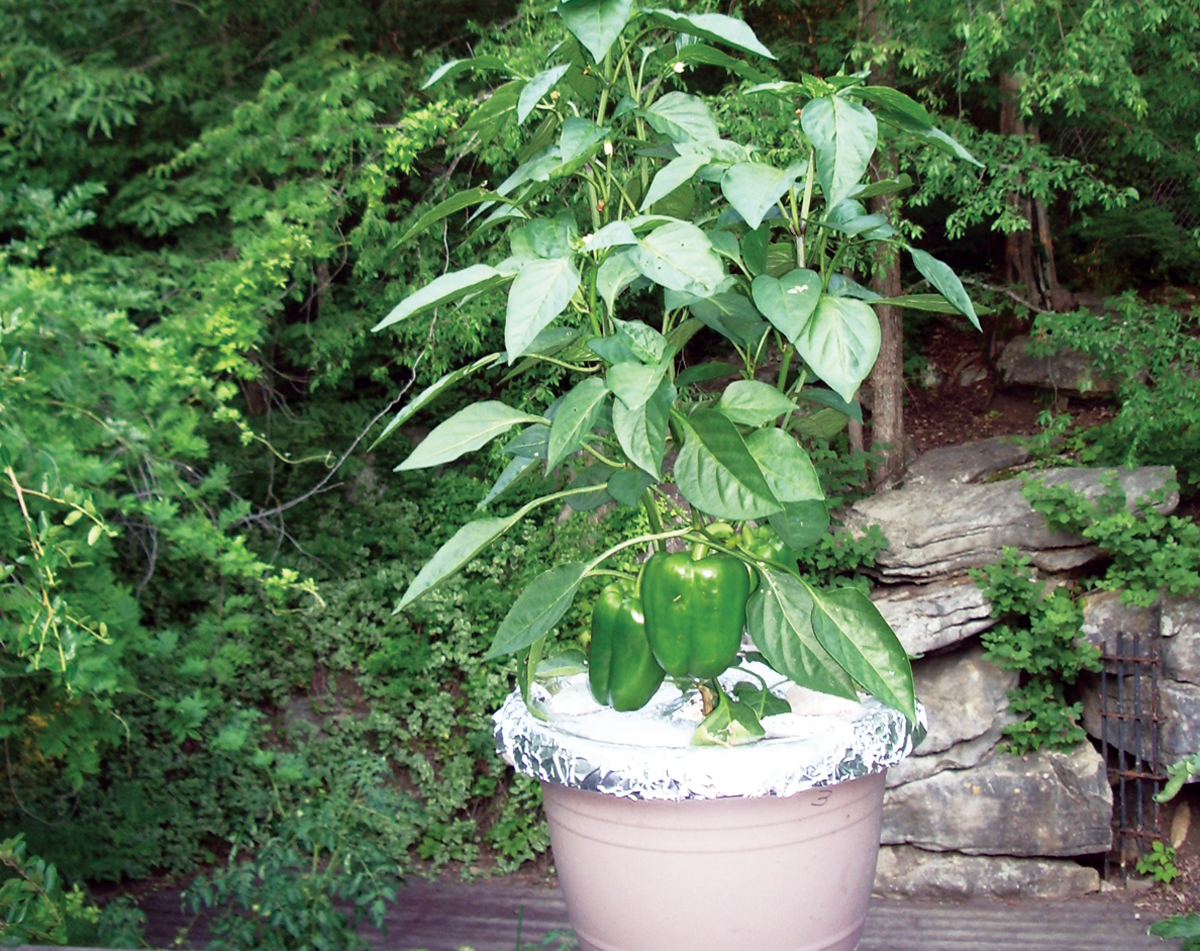
Alternative Food Sources: Diverting Attention
Diversion tactics can be surprisingly effective. If squirrels are consistently raiding your flower pots due to a lack of alternative food sources, consider setting up a designated feeding station away from your precious plants. Offer them a mix of unsalted peanuts, sunflower seeds, and corn—items they find irresistible. By satisfying their hunger elsewhere, you reduce the likelihood of them seeking sustenance in your flower pots. Ensure the feeder is squirrel-proof to minimize wastage and mess. This approach not only safeguards your garden but also fosters a harmonious coexistence with wildlife.
Innovative Techniques: Thinking Outside the Pot
Innovation plays a crucial role in squirrel-proofing strategies. Some gardeners have found success with ultrasonic devices that emit high-frequency sounds undetectable by humans but uncomfortable for squirrels. Place these devices strategically around your garden, adjusting their frequency and intensity to avoid desensitization. Another creative method involves using reflective surfaces such as old CDs or mirrors to startle squirrels with sudden light flashes. Hang these items from branches or stakes near your flower pots, ensuring they move with the wind for maximum effect.
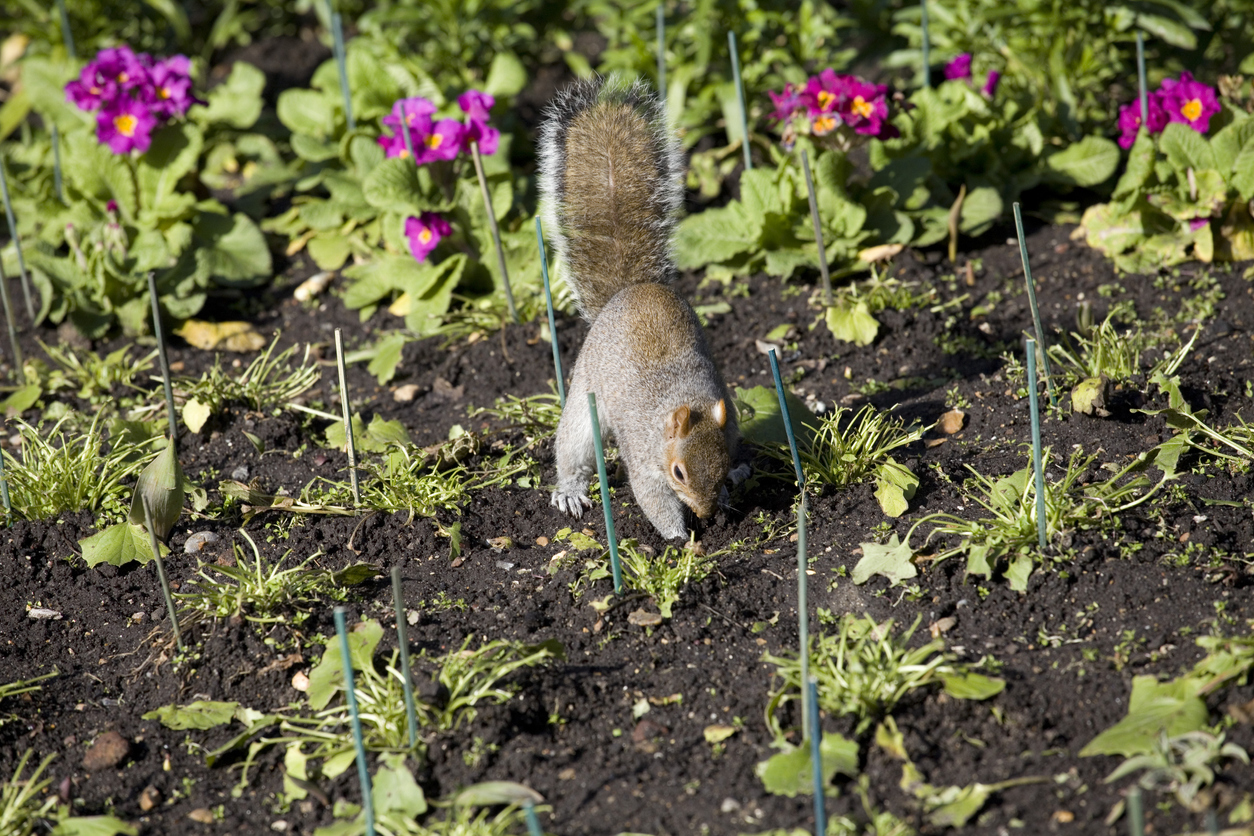
Consistent Monitoring and Adaptation: An Ongoing Process
It’s crucial to remember that squirrels are persistent and adaptable creatures. What works today might not be as effective tomorrow. Therefore, consistent monitoring of your defenses and适时 adjustments are key. Keep a gardening journal to track which methods are successful and note any new squirrel behaviors. Be prepared to experiment with different combinations of deterrents and always remain open to trying novel approaches. With patience and persistence, you can transform your garden into a squirrel-resistant haven that flourishes without unwanted interruptions.
Natural Predators: A Natural Solution
Integrating natural predators into your garden ecosystem can be an eco-friendly way to manage squirrel populations. Encourage the presence of birds of prey like hawks and owls by installing nesting boxes or perches in your yard. These predators naturally keep squirrel numbers in check, creating a balanced environment. Additionally, domesticated pets such as cats can deter squirrels simply through their presence. However, it’s essential to ensure that introducing these elements does not disrupt the local ecology or pose risks to other wildlife.
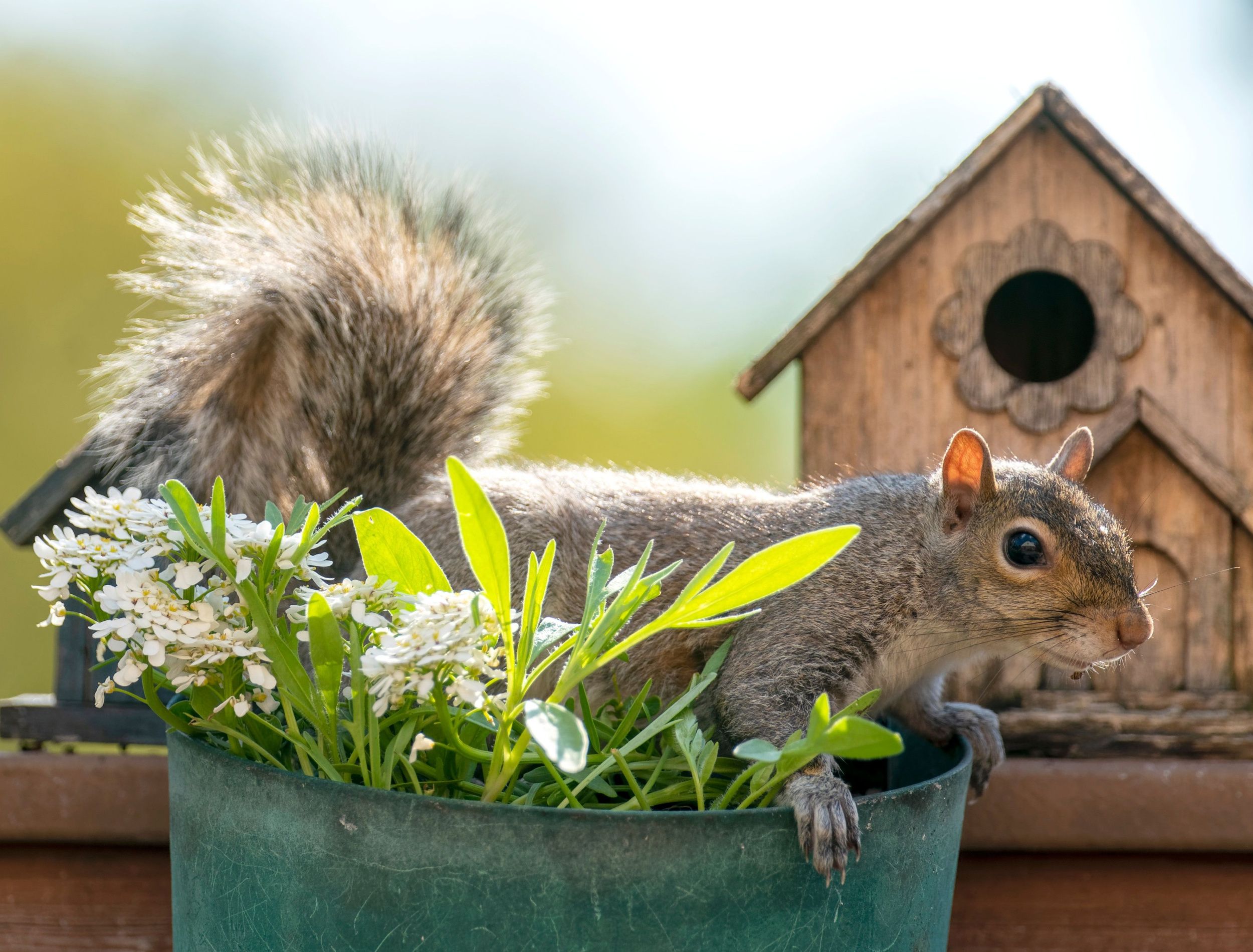
Botanical Barriers: Planting Strategically
Utilize nature’s own defenses by incorporating plants that squirrels tend to avoid. Daffodils, alliums, and fritillaries contain compounds in their bulbs that make them unappealing to rodents. Planting these around the perimeter of your flower beds can create a barrier that squirrels are hesitant to cross. Similarly, herbs like rosemary and mint with strong scents can mask of your flowers, making them less noticeable to curious critters.
Physical Barriers: Elevated Defenses
When it comes to physical barriers, think vertically. Elevating your flower pots on pedestals or hanging baskets can make them less accessible to ground-dwelling squirrels. Ensure the supports are sturdy and the baskets are securely attached to prevent determined jumpers from reaching them. For potted plants on the ground, surround them with a protective collar made from wire mesh or a cylindrical cage, buried slightly into the soil to discourage digging.
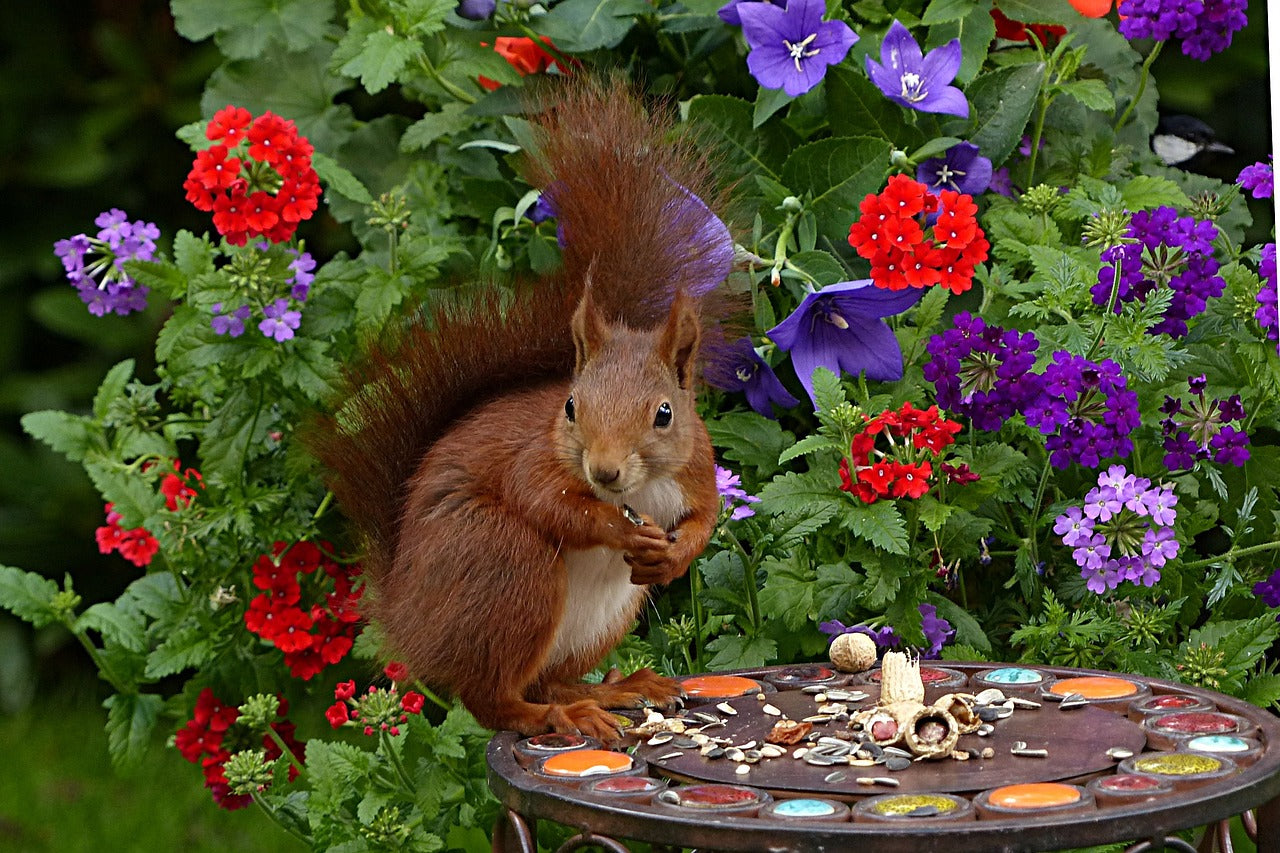
In conclusion, squirrel-proofing your garden is a comprehensive endeavor that necessitates a blend of preventive measures, taste and scent deterrents, strategic feeding, and innovative thinking. By understanding squirrels’ habits and employing a multi-faceted defense strategy, you can protect your flower pots while respecting the natural habitat. Remember, maintaining a balance between deterring unwanted guests and appreciating the ecosystem’s diversity is the hallmark of a thoughtful and responsible gardener. With time and effort, your garden will flourish, a testament to your dedication and ingenuity in safeguarding nature’s beauty.
